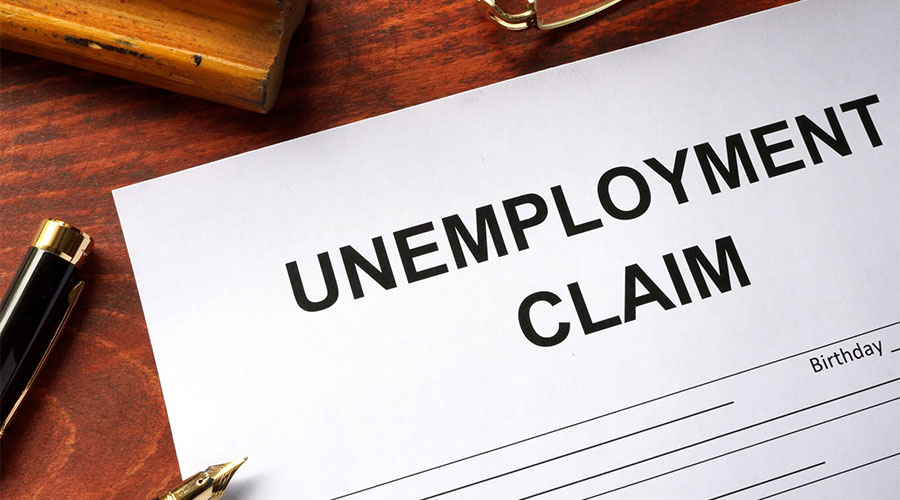The legalization of marijuana for medical purposes in Pennsylvania has created unintended consequences for employers:
- A rise in discrimination lawsuits from former employees and applicants
- Uncertain avenues for the protection of their businesses.
In the past month, the Law Office of Steven T. Auerbach has filed four lawsuits against employers, large and small, because they either fired one of their employees who had admitted to being a medical marijuana patient or because they withdrew a job offer after the applicant had failed a pre-employment drug test.
This article will highlight the most pressing concerns facing Pennsylvania employers in this rapidly evolving legal landscape.

There are steps you can take to mitigate the risk of medical marijuana lawsuits from your employees.
As a general rule, former employees and applicants want jobs, not lawsuits. This rule is strained however, when such employees or applicants are made to regret the “choice” of having chosen their prescribed medicine (medical marijuana) over their job. To minimize the risks of medical marijuana lawsuits from such former or prospective employees, the prudent Pennsylvania employer will closely consider the following advice:
1. Make a plan to talk to your insurance broker about EPLI coverage.
Employers Practices Liability Insurance (EPLI) is a type of insurance that protects employers from the costs associated with employment-related litigation: including those associated with medical marijuana discrimination and retaliation lawsuits. EPLI is comparatively cheap (with annual premiums typically costing less than $5,000 per year). Surprisingly, many Pennsylvania employers have never heard of this type of insurance, and don’t have it in place for their business. Consequently, their businesses are vulnerable to alarmingly common and shockingly expensive ($300,000+) employment discrimination lawsuits that our office routinely initiates.
At no cost to your business, a competent broker will audit your company’s vulnerabilities and offer you peace of mind. Make this call today.
2. Re-evaluate the need for a drug-free workplace policy.
Employers facing the greatest threat of medical marijuana employment discrimination lawsuits are businesses that have not re-evaluated their employment practices in over a decade. As the Pennsylvania Medical Marijuana Act is a relatively new statute, businesses that have not recently reassessed their actual or potential duties to employees and applicants may needlessly end up in court.

Does you business still need a universal drug-free workplace policy?
In 2021, employers interested in avoiding litigation should re-evaluate their need to maintain a universal drug-free workplace policy.
As very few positions statutorily require individuals to refrain from working while THC is in their system, and even fewer require that they refrain from working while experiencing the effects of this medicine, there is little legal justification for an employer’s decision to penalize its employees and applicants simply because they are medical marijuana patients.
Consider the following: under the Act, only employees who operate or control high-voltage electricity, chemicals, or public utilities are precluded from working while medical marijuana is in their system. Similarly, only those who work in confined spaces, at heights, perform life-threatening tasks, or those that pose a public safety risk are precluded from working while intoxicated.
Discriminated employees who do not fit into one of the above restrictions will have grounds to file a lawsuit. Moreover, they will be “highly” motivated to seek competent counsel.
In light of the above, prudent employers will re-evaluate the need for drug-free workplace policies.






